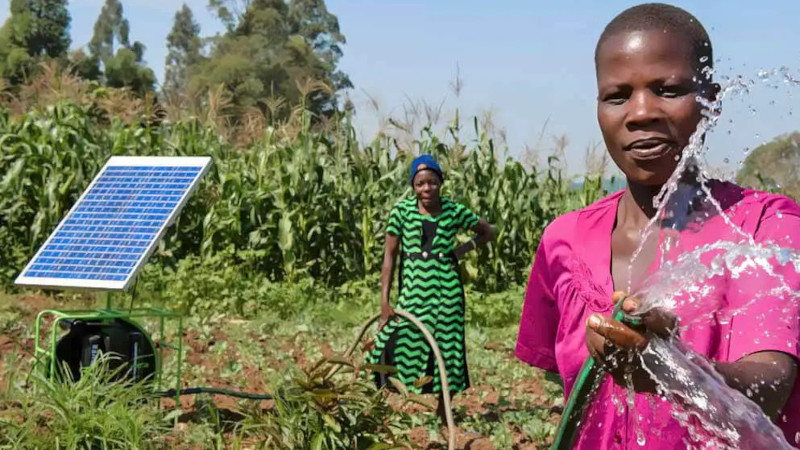Strengthening Oxygen Utilization and Respiratory Care Ecosystems (SOURCE) - Biomedical Equipment Management Survey (BMES)
Introduction
The Biomedical Equipment Management Survey (BMES) was conducted by M31 Research in partnership with PATH Zambia, funded by the Bill and Melinda Gates Foundation. The project aimed to strengthen respiratory care ecosystems in Zambia by assessing the availability, functionality, and management of respiratory care equipment (RCE) in healthcare facilities across the country.
Project Overview and Objectives
Hypoxemia, a life-threatening condition caused by low oxygen levels in the blood, remains a critical health challenge globally, contributing to high maternal, neonatal, and child mortality rates. The BMES project sought to evaluate the status of RCE in Zambia to address gaps in oxygen availability and delivery.
Key objectives included:
- Documenting the availability and condition of respiratory care equipment in health facilities.
- Assessing facility readiness for respiratory care.
- Identifying gaps in equipment management, maintenance, and supply chains.
- Providing data-driven recommendations for policy and operational improvements
Survey Methodology
M31 Research employed a cross-sectional survey design, targeting 91 health facilities across Zambia. Facilities were selected using a stratified random sampling method, ensuring representation across facility levels, regions, and managing authorities. Data collection was conducted using digital tools, primarily the SurveyCTO platform, which enabled real-time data validation and quality assurance. Enumerators received intensive training on ethical data collection, tool usage, and survey protocols
Data Quality Measures
- Spot Checks: Random visits to verify adherence to protocols.
- Back Checks: Re-interviewing respondents to validate data accuracy.
- High-Frequency Checks: Real-time monitoring for inconsistencies and errors
Fieldwork Implementation
The survey was carried out by nine field teams, each comprising enumerators, supervisors, field managers, and backcheckers. Teams were strategically deployed across provinces, starting in Lusaka and gradually expanding to other regions .
Key Activities in Fieldwork
- Structured interviews with health facility staff.
- Physical verification and documentation of respiratory care equipment.
- Collection of geospatial data to map surveyed facilities .
Despite challenges, such as bureaucratic hurdles and technical issues with data collection tools, the teams successfully completed the survey across all targeted facilities .
Key Findings
The BMES revealed significant disparities in oxygen equipment availability, maintenance, and staff capacity across different health facility levels and regions:
- Level 3 facilities had higher equipment availability compared to Level 1 and 2 facilities.
- Urban facilities generally reported better infrastructure and resource allocation compared to rural facilities .
- Equipment maintenance protocols and spare parts availability were inconsistent across facilities
Final Outocome
M31 Research successfully executed the BMES, delivering high-quality data to inform policy and operational decisions aimed at improving respiratory care ecosystems in Zambia. The survey's findings have laid the groundwork for targeted interventions, ensuring that healthcare facilities are better equipped to manage respiratory care needs and reduce mortality associated with hypoxemia.










